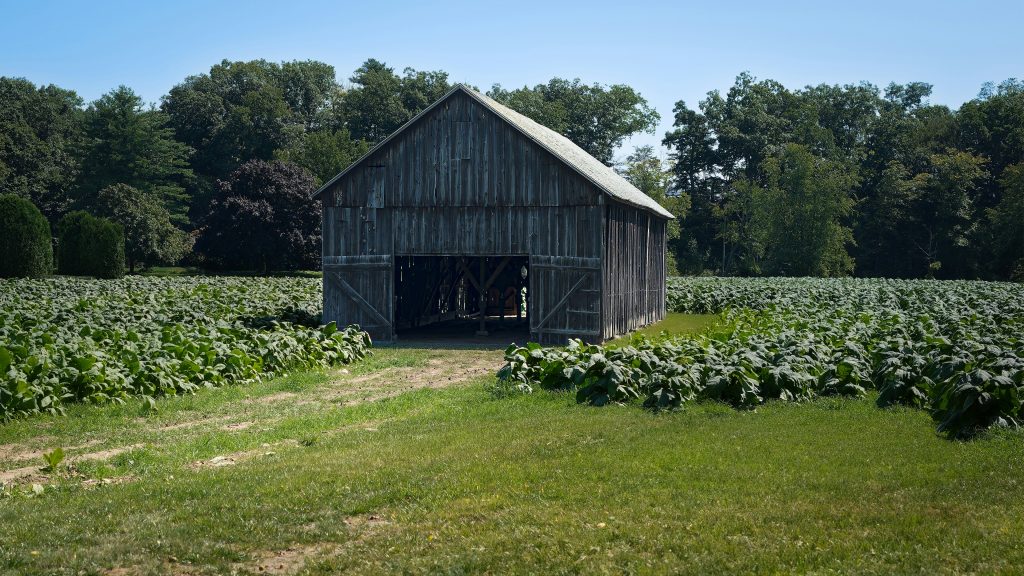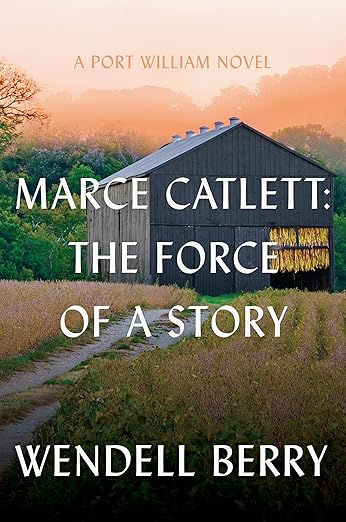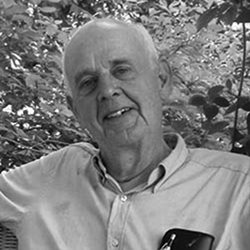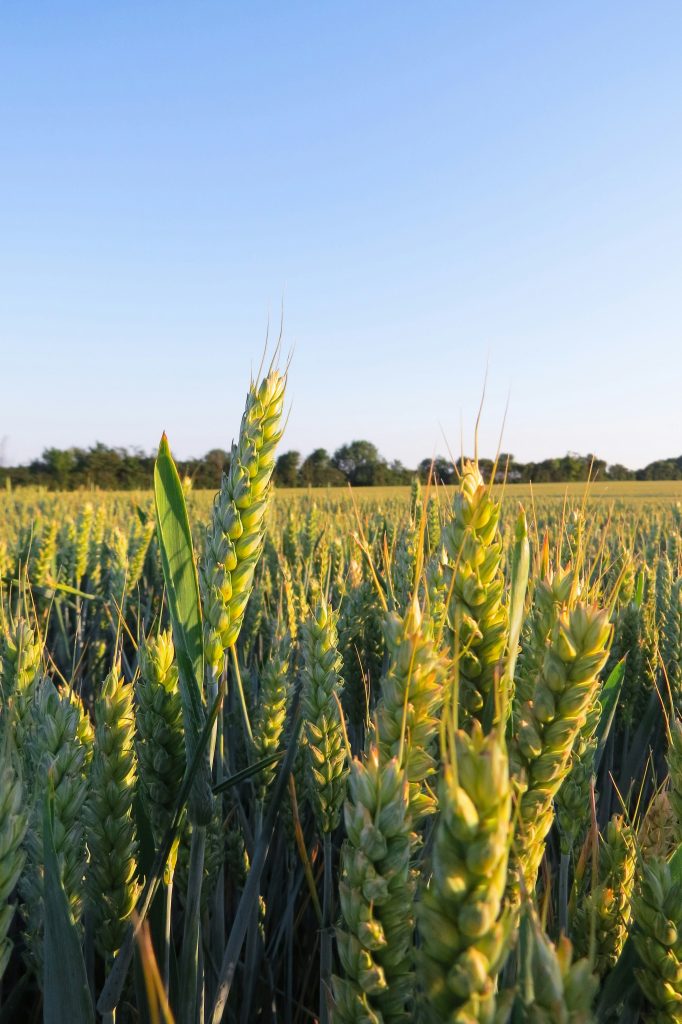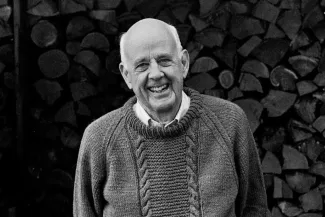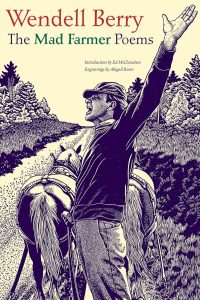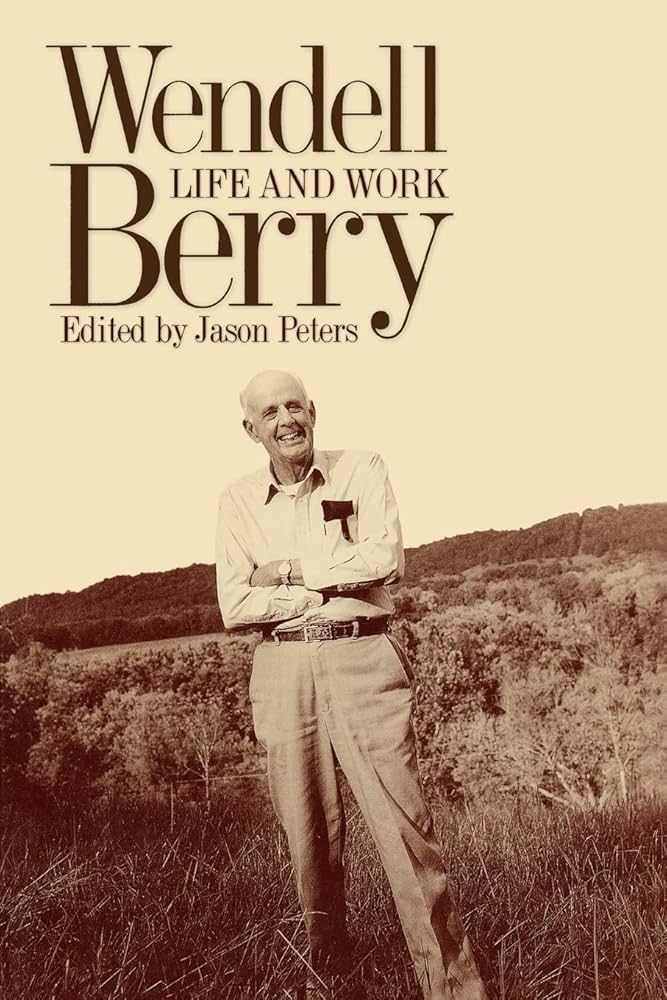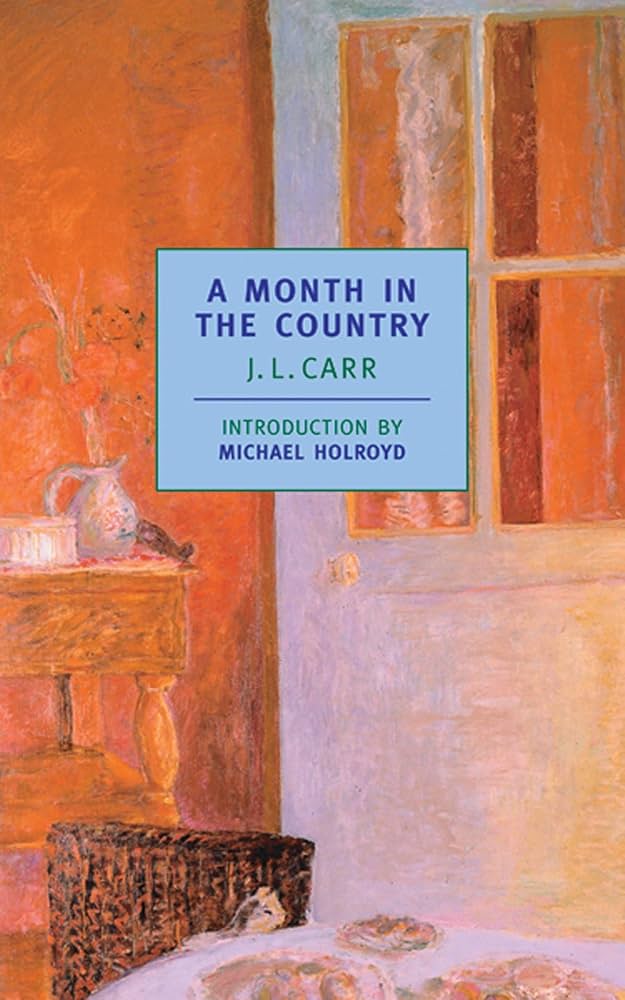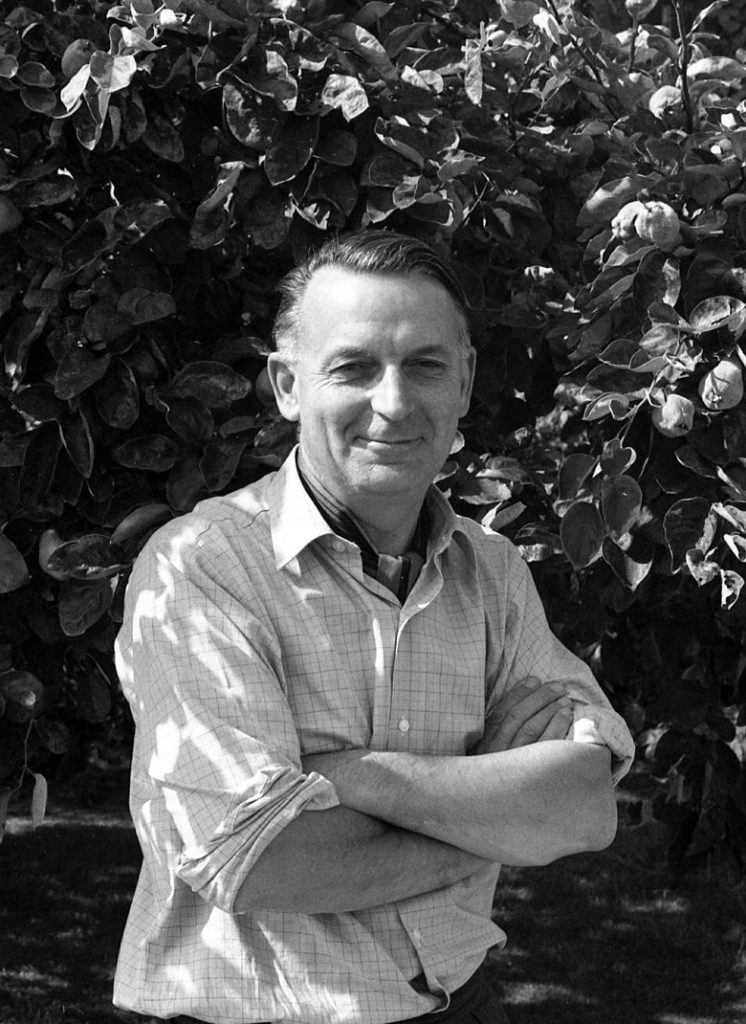
It was only coincidental. I read Joseph Luzzi’s In a Dark Wood: A Memoir (2015) and the next in my reading pile was Unconditional: A Novel by Stephen Kogon. Both books, one non-fiction and the other fiction, told the stories of young men suddenly finding themselves single fathers.
Luzzi is a professor of Italian and teaches at Bard College in New York. In 2007, just as his lecture class was about to begin, he noticed a security guard come into the room. The message was awful; Luzzi’s wife Katherine had been in an automobile accident and was seriously injured. Katherine was also eight-and-half months pregnant. The baby, a little girl, was delivered and survived. Katherine didn’t.
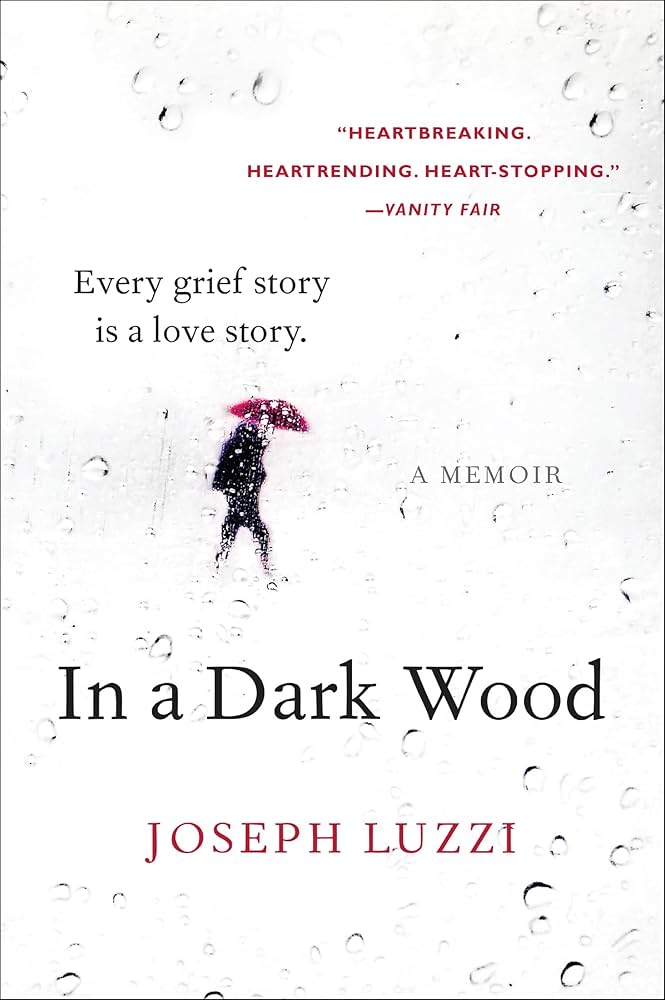
And thus began a journey of grief, the loss of his wife, navigating funeral and death arrangements, caring for a newborn, and eventually dealing with lawsuits filed against Katherine’s estate and countersuits filed against the other driver. And that on top of trying to resume a “normal” life, as if life could ever be normal after that.
Luzzi turned to the poet Dante and his Divine Comedy. Like Virgil serves as Dante’s guide in the great poem, Dante served as Luzzi’s guide. He tells a moving, heartbreaking story, a man overwhelmed by loss and grief and with the responsibility of a child. If there is a hero in this story, Luzzi might be the first to admit it was his Italian mother, who essentially moves in to care for her granddaughter.
In addition to The Divine Comedy: A Biography, Luzzi has also published Romantic Europe and the Ghost of Italy (2008), A Cinema of Poetry: The Aesthetics of the Italian Art Film (2014), My Two Italies (2014), In a Dark Wood: What Dante Taught Me About Grief, Healing, and the Mysteries of Love (2015), and Botticelli’s Secret: The Lost Drawings and the Rediscovery of the Renaissance (2022). He received his Ph.D. degree from Yale University, and he teaches literature, film, and Italian Studies. He is also the founder of the Virtual Book Club, which focuses on the world’s great books and storytelling.
Writer and filmmaker Stephen Kogon has previously published a young adult novel and two children’s stories, and Unconditional is his first aimed at adult reader. It tells the story of Matthew Russell, a 35-year-old bachelor who is a photographer for the Arizona Cardinals in Phoenix. He’s attending the retirement part of his best friend (and football team member) Kenny when he receives the telephone call that changes his life.

The Albuquerque police explain that Matthew’s estranged brother Paul and Paul’s girlfriend have been killed in an automobile crash. Apparent suicides, they’ve left behind a premature baby girl who’s in a hospital neonatal intensive care unit. The only note they left behind read “Please take care of the baby.”
And Matthew is the only person capable of doing that. Overwhelmed with loss, not to mention having to manage his brother’s death and funeral, he has to decide what to do with Allie, his new niece. What he decides is that he will take care of her, even if it means radically changing his life.
It’s a moving tory, sometimes borderline sentimental, but that’s of little account when you become engrossed with the story. Matthew surrenders his life to fatherhood, and that includes changing jobs and putting aside his relationship with his on-again, off-again girlfriend Monica.
Kogon previously published Max Mooth, Cyber Sleuth and the Case of the Zombie Virus and two children’s stories, Squiglet the Ryming Piglet and Squiglet the Piglet Goes on a Nature Hike. His first film, Dance Baby Dance, was released in 2018. He’s also written screenplays, comedy sketches, and comic strips.
Related:
Dante’s Divine Comedy: A Biography by Joseph Luzzi.
Top photograph by Illia Panasenko via Unsplash. Used with permission.
